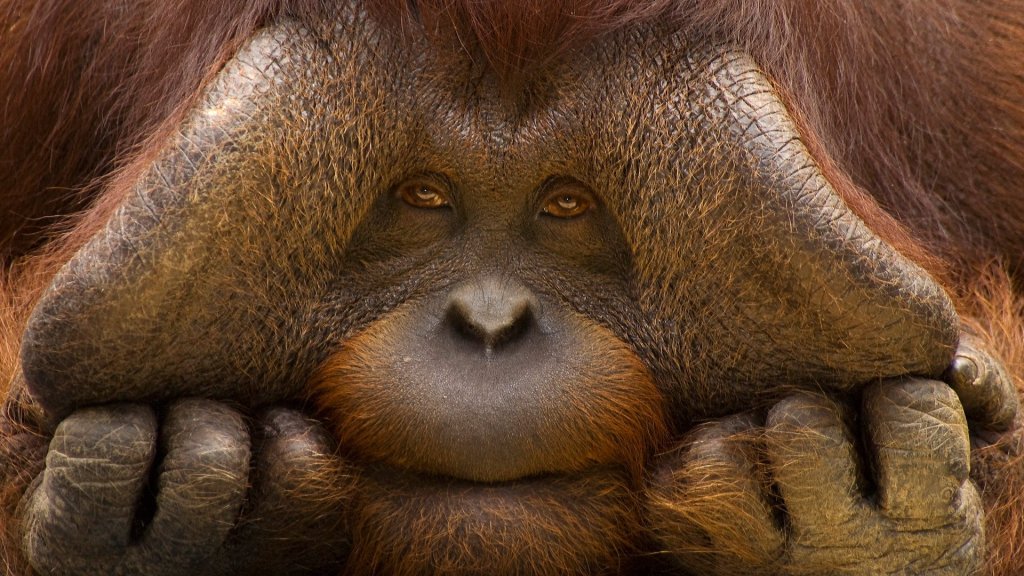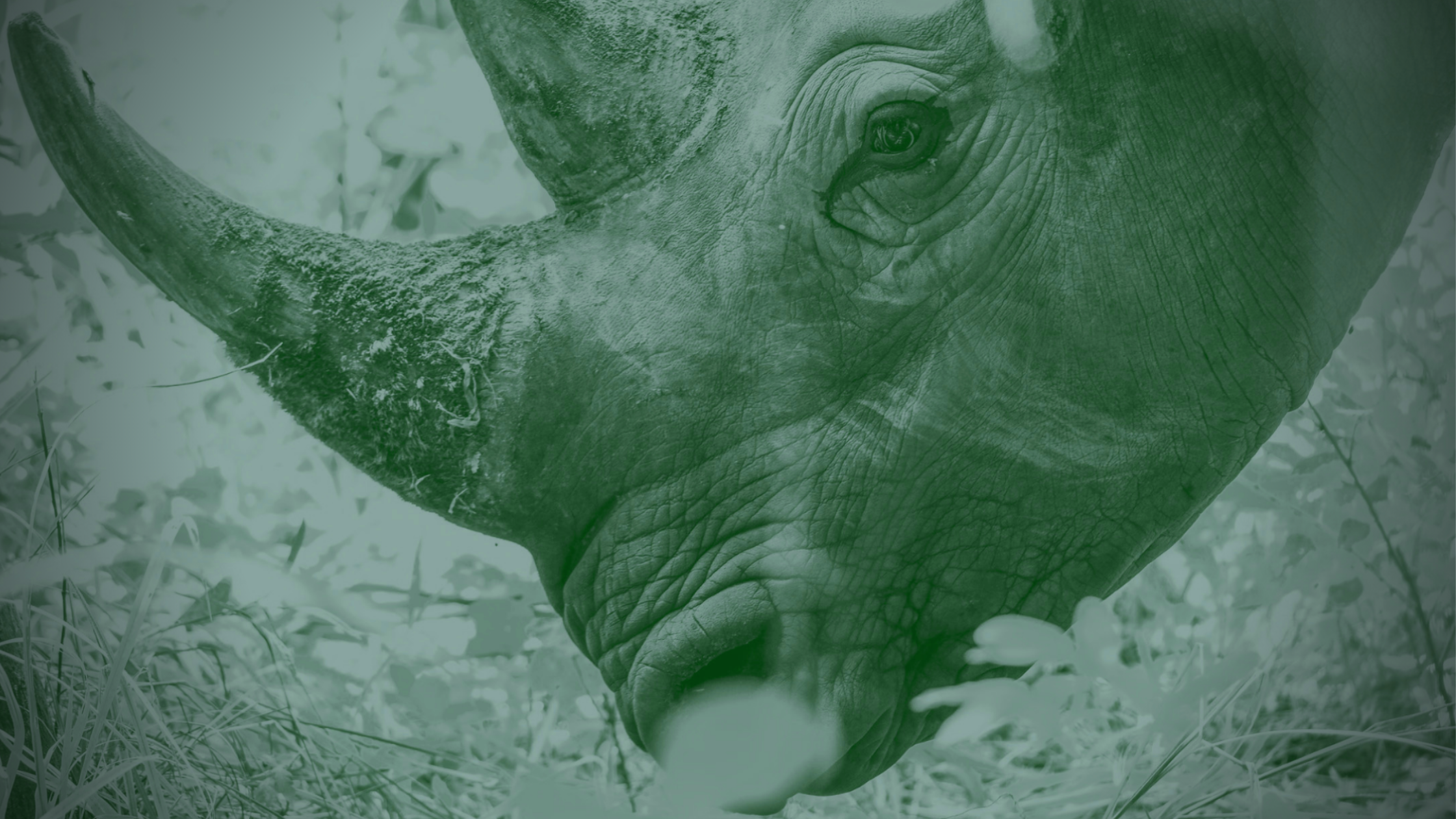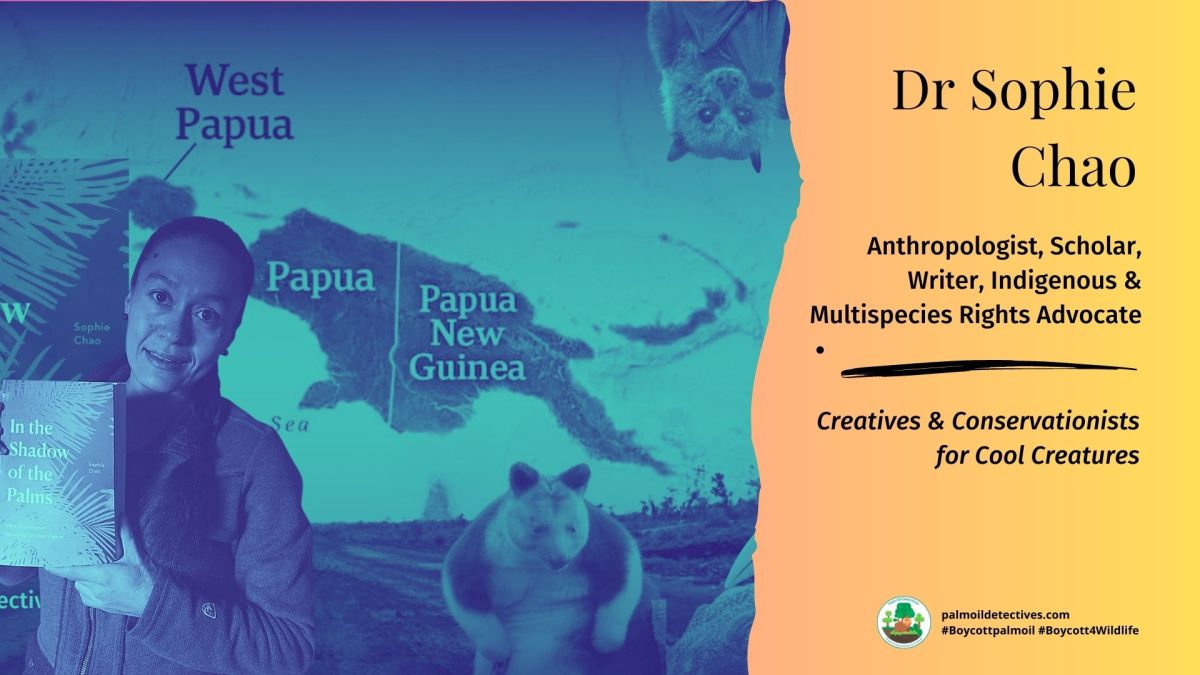Bornean Orangutan Pongo pygmaeus
Critically Endangered
Population: 104,700
Bornean Orangutans are the largest tree-dwelling mammals in the world. Critically endangered by #palmoil #deforestation they are disappearing. Join together to help them with a #Boycottpalmoil #Boycott4Wildlife.
Tweet
Bornean #Orangutans are our intelligent tree-dwelling cousins. They are critically endangered mainly from #palmoil #deforestation. Help them survive and #Boycottpalmoil #Boycott4Wildlife in the supermarket! learn how to take action!
Tweet
Critically endangered Bornean Orangutans are the largest arboreal mammals in the world. Although they spend a lot of time in the trees they also walk significant distances on the ground. Historically, Bornean Orangutans were most abundant in in lowland rainforests and Dipterocarp mosaic forests, where movement between different habitats when there was a shortage of food. Their diet consists primarily of fruits, but also includes leaves, barks, flowers and insects. Their entire range is earmarked for destruction for palm oil and timber deforestation. They have become the symbols of palm oil related extinction risk and face a perilous future if we don’t STOP using palm oil RIGHT NOW. Help them and #Boycottpalmoil #Boycott4Wildlife
Approximately a third of the entire Bornean Orangutan range was in commercial forest reserves exploited for timber, and about 45% was in forest areas earmarked for conversion to palm oil, agriculture or other land uses. A business-as-usual scenario, whereby non-protected forests would be converted along the lines of current development plans, will result in the loss of more than half of the current orangutan range on the island of Borneo in the next 50 years or so.
IUCN Red list


Support the conservation of this beautiful animal
Orangutan Foundation International
Further Information

Ancrenaz, M., Gumal, M., Marshall, A.J., Meijaard, E., Wich , S.A. & Husson, S. 2016. Pongo pygmaeus (errata version published in 2018). The IUCN Red List of Threatened Species 2016: e.T17975A123809220. https://dx.doi.org/10.2305/IUCN.UK.2016-1.RLTS.T17975A17966347.en. Downloaded on 24 January 2021.

How can I help the #Boycott4Wildlife?
Contribute in five ways
1. Join the #Boycott4Wildlife on social media and subscribe to stay in the loop: Share posts from this website to your own network on Twitter, Mastadon, Instagram, Facebook and Youtube using the hashtags #Boycottpalmoil #Boycott4Wildlife.
2. Contribute stories: Academics, conservationists, scientists, indigenous rights advocates and animal rights advocates working to expose the corruption of the palm oil industry or to save animals can contribute stories to the website.
3. Supermarket sleuthing: Next time you’re in the supermarket, take photos of products containing palm oil. Share these to social media along with the hashtags to call out the greenwashing and ecocide of the brands who use palm oil. You can also take photos of palm oil free products and congratulate brands when they go palm oil free.
4. Take to the streets: Get in touch with Palm Oil Detectives to find out more.
5. Donate: Make a one-off or monthly donation to Palm Oil Detectives as a way of saying thank you and to help pay for ongoing running costs of the website and social media campaigns. Donate here







